Goethe University Frankfurt
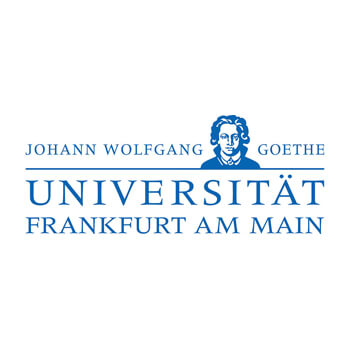
Founded: 1914
Address: Theodor-W.-Adorno-Platz 1 - Frankfurt, Germany
Phone: +4969 7980
Address: Theodor-W.-Adorno-Platz 1 - Frankfurt, Germany
Phone: +4969 7980
Here you find out Goethe University Frankfurt complete information about fees, location, degree Goethe University Frankfurt offers, number, website, and much more. Goethe University Frankfurt is a leading university in Frankfurt - Germany.
You can also find out jobs at Goethe University Frankfurt for students, teachers, and professors. We also update the database for an internship at Goethe University Frankfurt for students.
Goethe University Frankfurt, positioned among the top international research universities, offers a wide variety of academic programmes, a diverse group of research institutes, and a focus on interdisciplinary approaches to solving complex problems. The university is named after Johann Wolfgang von Goethe, the Frankfurt-born polymath renowned for his exceptional contributions to literature, sci...ence, and philosophy.
Founded in 1914 with private funding and inspired by the legacy of the European Enlightenment, Goethe University stands out as a pioneering “citizens’ university”—and the history of the university is one of openness and public participation.
Today, Goethe University is one of the only universities in Germany that enjoys significant public funding alongside administrative autonomy and the ability to create a private endowment.
As a university with an endowment, a funding model rare in Germany’s system of higher education, GU enjoys considerable freedom from state control when it comes to the details of how a modern university should be run, including the appointing of professors. The endowment that is being built up will be invested specifically in promoting an excellent atmosphere in which to research, study, think, and create.
Situated in Germany’s most cosmopolitan and international city, the university attracts a diverse body of students and researchers from around the world. Students at Goethe benefit from studying and living in Frankfurt, the largest financial and trading centre in Europe—with plenty of opportunities to learn and practise speaking German. Today, Frankfurt is ratedamong the top 10 most liveable cities in the world (according toMercer Human Resource Consulting).
Goethe University was founded in 1914 as a unique “citizens’ university,” financed by wealthy citizens in Frankfurt, Germany. Named in 1932 after one of the city’s most famous natives, Johann Wolfgang von Goethe, today the university has over 38,000 students. Looking at the timeline of Goethe University’s history, it is clear that the last decade has produced significant changes for the university—and that there is a clear forward momentum.
Once considered a liberal or left-leaning institution, Goethe University is perhaps best known as the birthplace of the influential Frankfurt School, part of the Institute for Social Research—which spawned some of Europe’s leading thinkers of the 20thcentury (including, for example, Theodor Adorno, Max Horkheimer, Jürgen Habermas, Herbert Marcuse, Hans-Georg Gadamer, Martin Buber, and Paul Tillich).
Because of racial and political tensions during the Nazi era, close to one-third of the university’s academic staff were dismissed during this period—more than at any other German university. Goethe University also played a major role in the student protests of 1968 that led to widespread educational reforms in Germany and across Europe.
In recent years, Goethe University has maintained its reputation in the social sciences, but added important new facilities and research institutes in the natural sciences as well as law, history, languages, humanities, the arts, and economics. Its “clusters of excellence”, interdisciplinary research centres, have helped to sharpen the university’s academic profile, achieving outstanding results in diverse areas ranging from natural sciences (“Macromolecular Complexes”) to medicine (“Cardio-Pulmonray System”, a cluster of excellence in collaboration with the University of Giessen and the Max-Planck-Institute for Heart and Lung Research in Bad Nauheim, which conducts cutting edge research for novel therapy of heart and lung diseases) and humanities and social sciences (“The Formation of Normative Orders”).
Goethe University is strongly committed to supporting young researchers by offering outstanding opportunities to earn a doctoral degree. At many universities, researchers have to choose between earning a PhD the “traditional” way in Germany, or as part of a “structured” PhD programme. At Goethe University, all doctoral candidates are eligible to apply to become members in the Goethe Graduate Academy (GRADE) and access unique training and networking opportunities that are the hallmark of more structured programmes.
Finally, one should mention the university’s ambitious “think tanks”: the newly founded Frankfurt Institute for Advanced Studies (FIAS) and the Institute for Advanced Studies in the Humanities, which sees itself as a laboratory for innovative knowledge in society.
The university was also a forerunner in the “Bologna Process” that helped to ease student mobility in and out of over 40 European countries by standardising degree structures. Starting in 2005, Goethe University began offering the first master’s programmes and the switch from the traditional German Diplom or Magister to the bachelor’s and master’s system will be complete in the winter semester 2011/12. Today, Goethe University offers many individual courses and degree programmes in English, another major shift. Four master’s programmes in economics are taught entirely in English, another one is a bilingual (German and English) programme. Many master’s programmes in the natural sciences can also be studied without a comprehensive knowledge of the German language, and doctoral studies in a wide variety of fields can also often be undertaken in English.
In 2001, the university was the first major university in Germany to become a foundation university, meaning that the state of Hessen would still provide funding to cover most of the annual budget but the university would be able to establish a private endowment and enjoy full administrative autonomy in matters such as faculty appointments. Goethe University now has a robust alumni association and has raised €145.5 millions (feste Zusagen mit eingerechnet) and created more than 50 new endowed and visiting professorships—an important re-affirmation of the university’s identity as a “citizens’ university”.
The state of Hessen is investing a total of €1.2 billion to help create a true campus environment in Frankfurt with three distinct locations: Campus Westend for the humanities and social sciences, Campus Riedberg for natural sciences, and Campus Niederrad for medicine. The former main campus Bockenheim, which dates from the founding days of the university, will no longer be in use once the new building is complete.
You can also find out jobs at Goethe University Frankfurt for students, teachers, and professors. We also update the database for an internship at Goethe University Frankfurt for students.
Goethe University Frankfurt, positioned among the top international research universities, offers a wide variety of academic programmes, a diverse group of research institutes, and a focus on interdisciplinary approaches to solving complex problems. The university is named after Johann Wolfgang von Goethe, the Frankfurt-born polymath renowned for his exceptional contributions to literature, sci...ence, and philosophy.
Founded in 1914 with private funding and inspired by the legacy of the European Enlightenment, Goethe University stands out as a pioneering “citizens’ university”—and the history of the university is one of openness and public participation.
Today, Goethe University is one of the only universities in Germany that enjoys significant public funding alongside administrative autonomy and the ability to create a private endowment.
As a university with an endowment, a funding model rare in Germany’s system of higher education, GU enjoys considerable freedom from state control when it comes to the details of how a modern university should be run, including the appointing of professors. The endowment that is being built up will be invested specifically in promoting an excellent atmosphere in which to research, study, think, and create.
Situated in Germany’s most cosmopolitan and international city, the university attracts a diverse body of students and researchers from around the world. Students at Goethe benefit from studying and living in Frankfurt, the largest financial and trading centre in Europe—with plenty of opportunities to learn and practise speaking German. Today, Frankfurt is ratedamong the top 10 most liveable cities in the world (according toMercer Human Resource Consulting).
Goethe University was founded in 1914 as a unique “citizens’ university,” financed by wealthy citizens in Frankfurt, Germany. Named in 1932 after one of the city’s most famous natives, Johann Wolfgang von Goethe, today the university has over 38,000 students. Looking at the timeline of Goethe University’s history, it is clear that the last decade has produced significant changes for the university—and that there is a clear forward momentum.
Once considered a liberal or left-leaning institution, Goethe University is perhaps best known as the birthplace of the influential Frankfurt School, part of the Institute for Social Research—which spawned some of Europe’s leading thinkers of the 20thcentury (including, for example, Theodor Adorno, Max Horkheimer, Jürgen Habermas, Herbert Marcuse, Hans-Georg Gadamer, Martin Buber, and Paul Tillich).
Because of racial and political tensions during the Nazi era, close to one-third of the university’s academic staff were dismissed during this period—more than at any other German university. Goethe University also played a major role in the student protests of 1968 that led to widespread educational reforms in Germany and across Europe.
In recent years, Goethe University has maintained its reputation in the social sciences, but added important new facilities and research institutes in the natural sciences as well as law, history, languages, humanities, the arts, and economics. Its “clusters of excellence”, interdisciplinary research centres, have helped to sharpen the university’s academic profile, achieving outstanding results in diverse areas ranging from natural sciences (“Macromolecular Complexes”) to medicine (“Cardio-Pulmonray System”, a cluster of excellence in collaboration with the University of Giessen and the Max-Planck-Institute for Heart and Lung Research in Bad Nauheim, which conducts cutting edge research for novel therapy of heart and lung diseases) and humanities and social sciences (“The Formation of Normative Orders”).
Goethe University is strongly committed to supporting young researchers by offering outstanding opportunities to earn a doctoral degree. At many universities, researchers have to choose between earning a PhD the “traditional” way in Germany, or as part of a “structured” PhD programme. At Goethe University, all doctoral candidates are eligible to apply to become members in the Goethe Graduate Academy (GRADE) and access unique training and networking opportunities that are the hallmark of more structured programmes.
Finally, one should mention the university’s ambitious “think tanks”: the newly founded Frankfurt Institute for Advanced Studies (FIAS) and the Institute for Advanced Studies in the Humanities, which sees itself as a laboratory for innovative knowledge in society.
The university was also a forerunner in the “Bologna Process” that helped to ease student mobility in and out of over 40 European countries by standardising degree structures. Starting in 2005, Goethe University began offering the first master’s programmes and the switch from the traditional German Diplom or Magister to the bachelor’s and master’s system will be complete in the winter semester 2011/12. Today, Goethe University offers many individual courses and degree programmes in English, another major shift. Four master’s programmes in economics are taught entirely in English, another one is a bilingual (German and English) programme. Many master’s programmes in the natural sciences can also be studied without a comprehensive knowledge of the German language, and doctoral studies in a wide variety of fields can also often be undertaken in English.
In 2001, the university was the first major university in Germany to become a foundation university, meaning that the state of Hessen would still provide funding to cover most of the annual budget but the university would be able to establish a private endowment and enjoy full administrative autonomy in matters such as faculty appointments. Goethe University now has a robust alumni association and has raised €145.5 millions (feste Zusagen mit eingerechnet) and created more than 50 new endowed and visiting professorships—an important re-affirmation of the university’s identity as a “citizens’ university”.
The state of Hessen is investing a total of €1.2 billion to help create a true campus environment in Frankfurt with three distinct locations: Campus Westend for the humanities and social sciences, Campus Riedberg for natural sciences, and Campus Niederrad for medicine. The former main campus Bockenheim, which dates from the founding days of the university, will no longer be in use once the new building is complete.
Read More
Details:
LeaderShip:
Fees:
Time:
Phone Number: +4969 7980
City: Frankfurt
Fees:
Time:
Phone Number: +4969 7980
City: Frankfurt
Timing:
Country: Germany
Staff:
Website: http://www.goethe-university-frankfurt.de
Country: Germany
Staff:
Website: http://www.goethe-university-frankfurt.de
Subjects:
Jobs in Goethe University Frankfurt
Currently, there is no job opening in Goethe University Frankfurt as per our database.

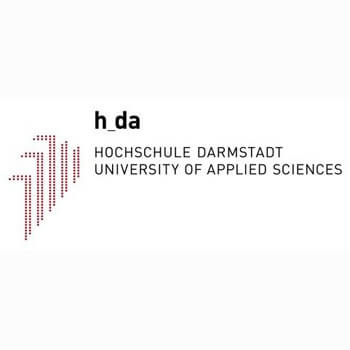
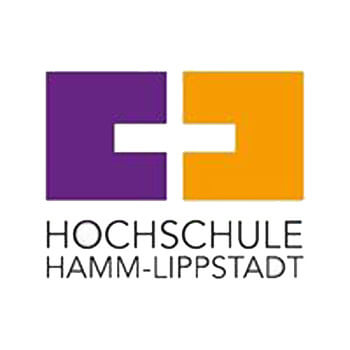
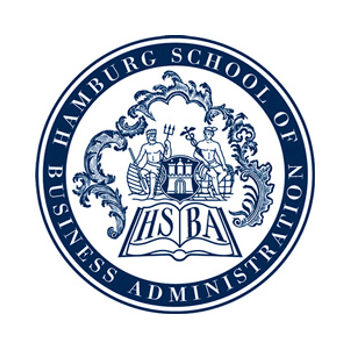
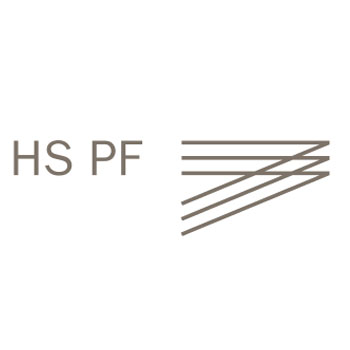

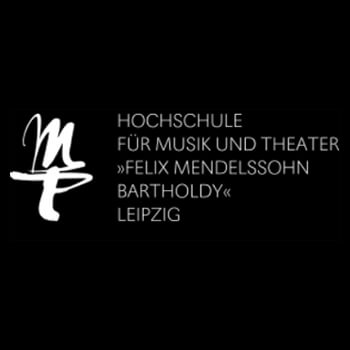
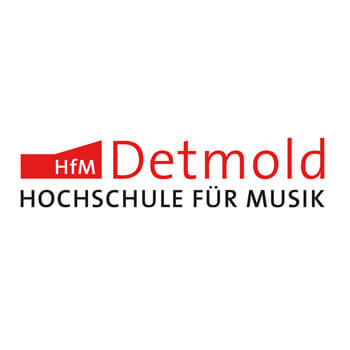
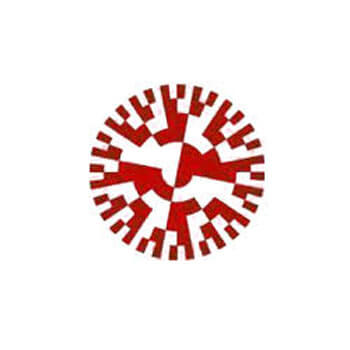









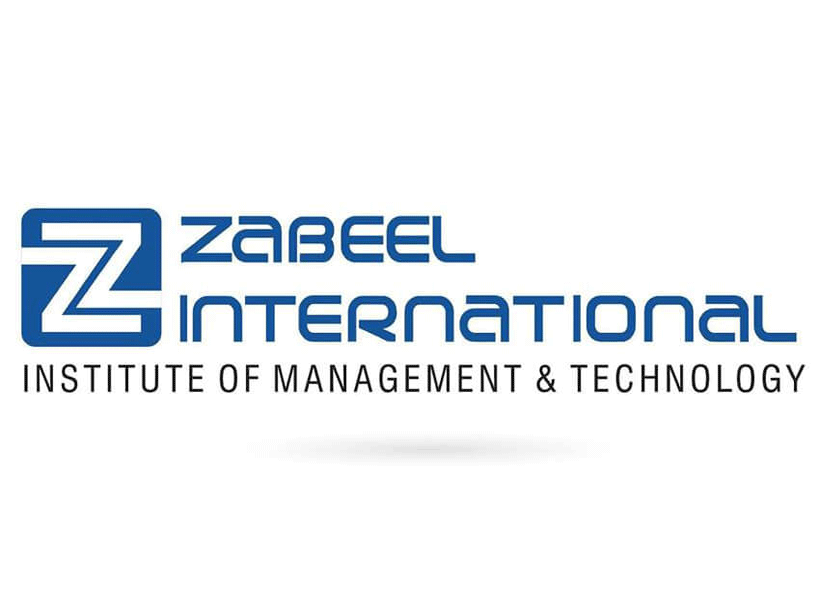
Leave a Reply